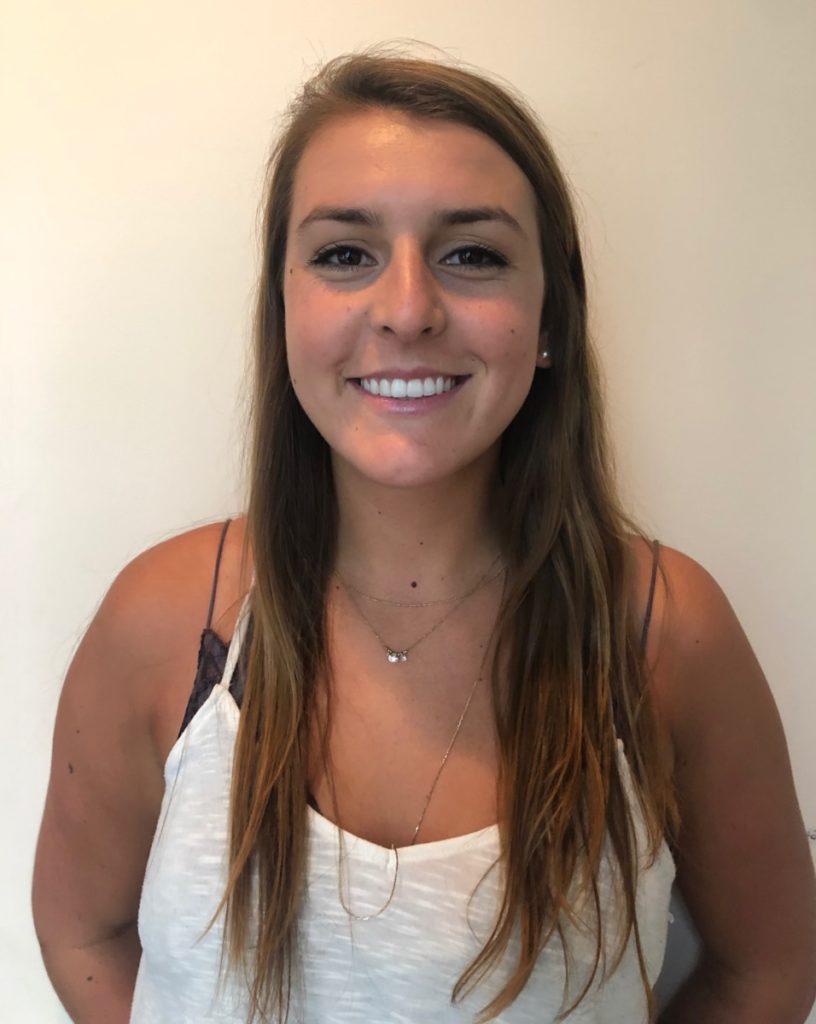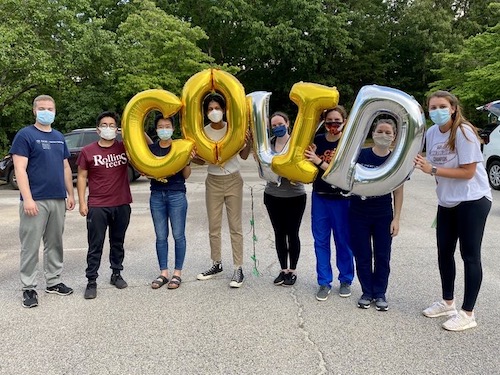Emory EPI Responds: Outbreak Response Team (Part 2)
Category : #WeAreEmoryEPI
The Emory Outbreak Response Team has been hard at work since our August feature, continuing to raise awareness about prevention strategies and bringing free COVID-19 testing to underserved communities in Georgia. Since then the team, led by Vice Chair Dr. Jodie Guest, has grown their community partnerships to include the city of Milledgeville and the Mexican Consulate in Atlanta.1
The rate of COVID-19 among the Latinx population in Georgia has been more than three times the state average,2 so their efforts this summer have provided critical access to testing services. The Outbreak Response Team tested over 500 people at the Mexican Consulate in early August, along with other Emory researchers who conducted additional testing events in Cumming and Warner Robins to address these COVID-19 disparities among Latinx communities. Over the past few months this team of students and faculty has engaged in crucial response activities and expanded their reach, all while maintaining their core focus on supporting communities affected by long term health inequalities and disproportionately burdened by COVID-19.
We recently spoke with two more members of the Outbreak Response Team about what they have learned and reflections on their experience this summer working on the frontlines of the pandemic.

Molly McAlvaney
Molly McAlvaney is also a second year in the EPI MPH program. During her undergraduate degree, she studied public health at the University of Tampa. Afterward, she worked at the American Lung Association for a year before coming to Rollins.
“Our team started working in Hall County, where we also helped deliver lunches and public health messaging about staying safe during the pandemic to school children. Since then our testing events have expanded to other counties and we will continue to offer COVID-19 tests to underprivileged communities throughout Georgia. We’ve also worked on different testing methods to determine which testing methods are the most accurate, as well as testing for antibodies.”
“The most challenging part of this experience has definitely been my struggle to effectively communicate with the primarily Hispanic/Latino population we have been working with. I do not speak Spanish, so I am very grateful for our bilingual team members and the community leaders we work with. It has also been challenging to work outside of epidemiology and having to focus on the health education and communication aspects. It has been a bit of an adjustment, but I have learned a lot about all that goes into providing public health messaging to various communities. It is a very eye-opening and rewarding experience.”

Kyle Lester
Kyle is a second year EPI MPH student, before starting at Rollins he worked as a paramedic for Grady Memorial Hospital. While working as a paramedic, he went back to school and earned his bachelor’s degree from Georgia State University.
“One of the major challenges we have dealt with this summer is the extensive amount of preparation that must be done for each event, which can take weeks leading up to the actual testing event. The planning and coordination between multiple different agencies and municipalities, IRB approvals, and logistics with paperwork, staffing, and supplies has proven to be a multitude of moving hurdles. Yet, when these issues are resolved, and the testing events are successful, the weeks of work behind the scenes are worth it.”
“Coming from a medical background, I have been involved in sample collection at our testing events. I have also been working heavily on inputting and cleaning data so that it can be stored and analyzed. My biggest takeaway from these events is that I have found my place in the community engagement aspect of public health work. I enjoy the theory that we learn in our courses, but I have always felt that I wanted to take that a step further and see the faces representing the numbers on those slides and SAS outputs. While working as a paramedic, I gained an affinity for interacting with people at the individual level, and I enjoy representing Emory and public health to our participants.”




Thank you for following the Emory EPI Responds series this summer, it has been a pleasure and an inspiration to witness how so many of our students rose to the challenge and contributed to COVID-19 response, applying the skills they have learned in their MPH so far, and developing countless new ones as needs arose. The Confounder Team is looking forwarding to continue highlighting the great work our students do in the coming year to address the pressing public health needs of today!
Sources
1https://news.emory.edu/stories/2020/08/emory_mexican_consulate_atl_covid_disparities/index.html
2https://www.atlantamagazine.com/news-culture-articles/covid-19-strikes-deep-in-georgias-latinx-communities/
Image Sources: Twitter, Emory University

1 Comment
Emory EPI Responds: Outbreak Response Team (Part 2) – Emory COVID-19 Response Collaborative
September 16, 2020 at 1:53 pm[…] Read full post […]